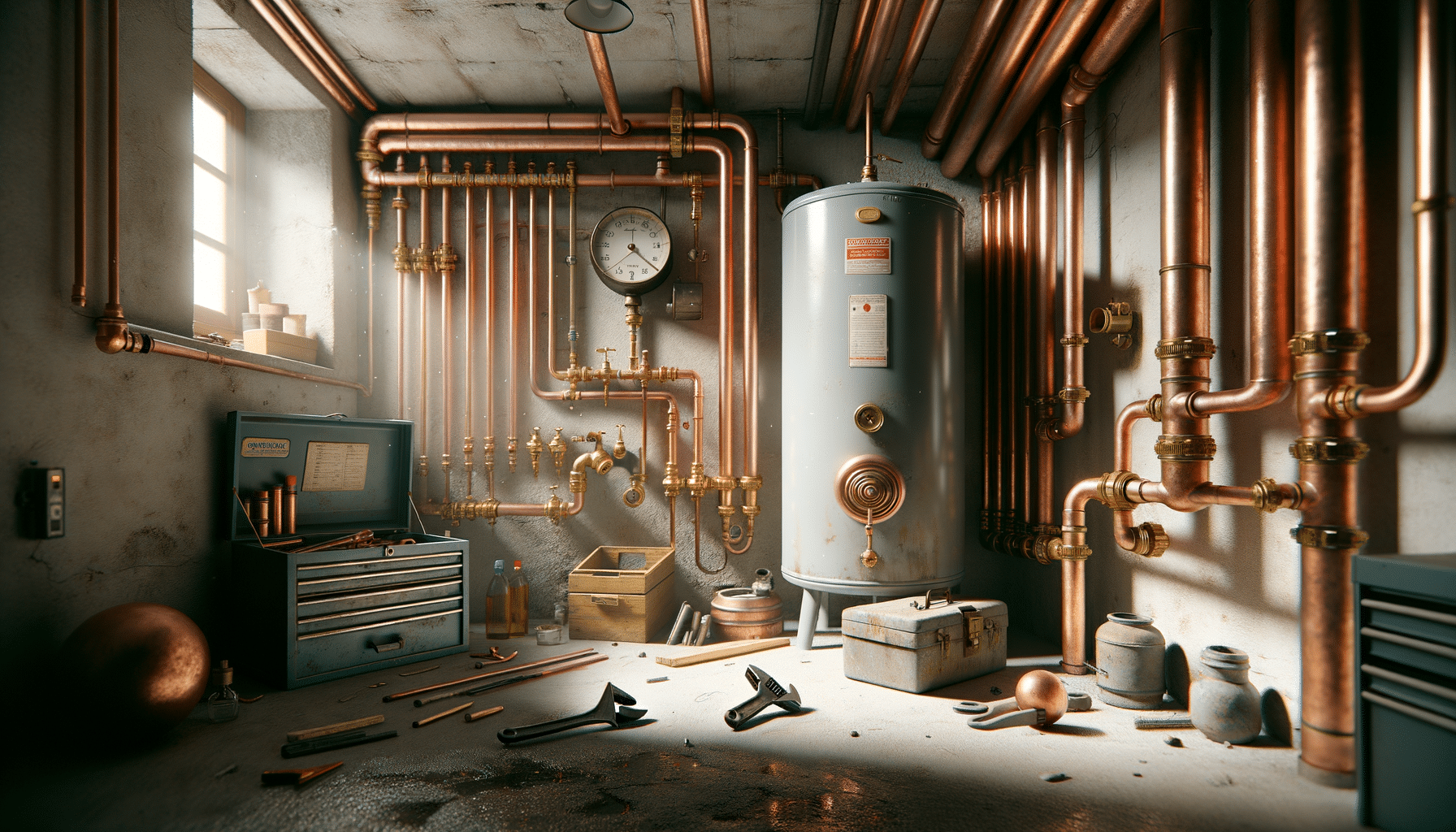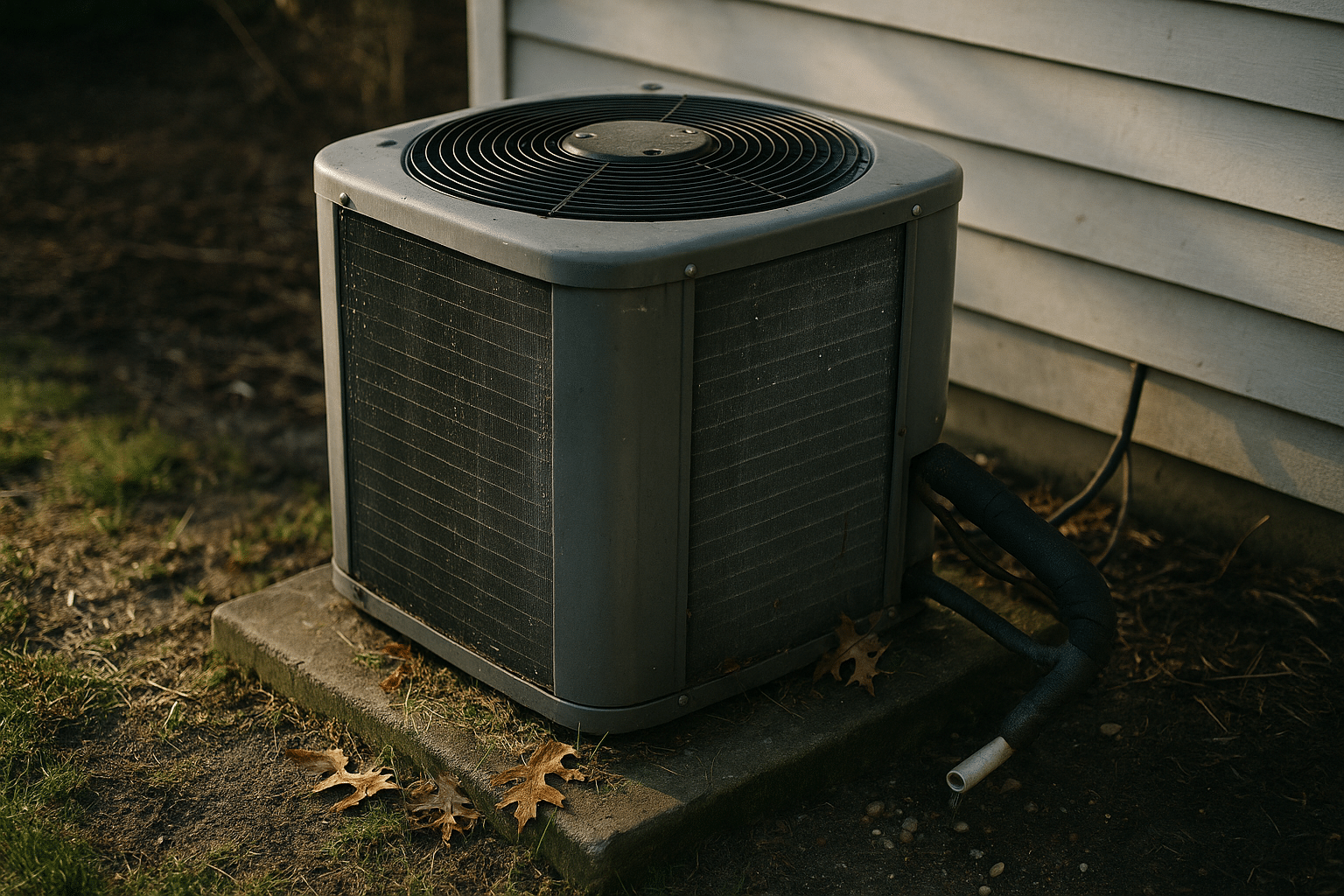
Learn more about the job of a plumber.
Introduction to the Plumbing Profession
The role of a plumber is one of the most essential in our modern society, yet it often goes unnoticed until a problem arises. Plumbers are critical in ensuring that we have access to clean water, efficient waste removal, and a host of other services that contribute to our daily comfort and health. This article delves into the multifaceted job of a plumber, exploring the skills required, the variety of tasks they perform, and the importance of their work in maintaining the infrastructure of our homes and cities.
The Essential Skills of a Plumber
Plumbers are skilled tradespeople who require a comprehensive knowledge of systems and materials. This includes understanding the properties of water and gas, the operation of various plumbing systems, and the ability to read blueprints and technical diagrams. A successful plumber must possess problem-solving skills, as they often work in situations where they need to diagnose and fix issues quickly and efficiently.
In addition to technical skills, plumbers must have strong interpersonal abilities. They frequently work in private homes and businesses, requiring a level of professionalism and courtesy. Effective communication is key, as they must explain problems and solutions to clients who may not be familiar with plumbing terminology.
To become proficient, plumbers typically undergo extensive training, which may include apprenticeships, technical school, or both. This training is crucial as it provides hands-on experience and a deep understanding of the trade.
Variety in Plumbing Work
The work of a plumber is incredibly varied. They might be called to install new piping systems in a construction project one day and repair a leaking faucet in a residential home the next. Plumbers work with a range of materials, including copper, PVC, and steel, adapting their techniques to suit the specific requirements of each job.
Moreover, plumbers play a crucial role in emergency situations. Burst pipes or blocked drains can cause significant damage if not addressed promptly, and plumbers are often on call to handle such crises. Their ability to work under pressure and provide effective solutions is invaluable.
Aside from repairs and installations, plumbers also conduct inspections and maintenance to prevent future issues. This proactive approach helps to extend the life of plumbing systems and reduce the likelihood of unexpected failures.
The Impact of Plumbing on Public Health
Plumbing is not just about convenience; it is a cornerstone of public health. Access to clean water and proper waste disposal systems are critical in preventing the spread of disease. Plumbers ensure that these systems are functioning correctly, protecting communities from health hazards.
In developing areas, the introduction of modern plumbing systems can dramatically improve living conditions. Plumbers are often involved in projects to bring clean water and sanitation facilities to underserved regions, highlighting the global importance of their work.
Furthermore, plumbers are also at the forefront of implementing water-saving technologies. With increasing concerns about water conservation, plumbers are installing systems that reduce water usage, contributing to environmental sustainability.
Conclusion: The Vital Role of Plumbers
Plumbers are indispensable in maintaining the infrastructure that supports our daily lives. Their expertise ensures that we have reliable access to essential services, from clean water to efficient waste management. As technology advances, the role of plumbers continues to evolve, incorporating new methods and materials to meet the challenges of modern living.
The next time you turn on a tap or flush a toilet, take a moment to appreciate the skilled professionals who make these conveniences possible. Plumbers are truly unsung heroes, working tirelessly to keep our homes and communities running smoothly.


